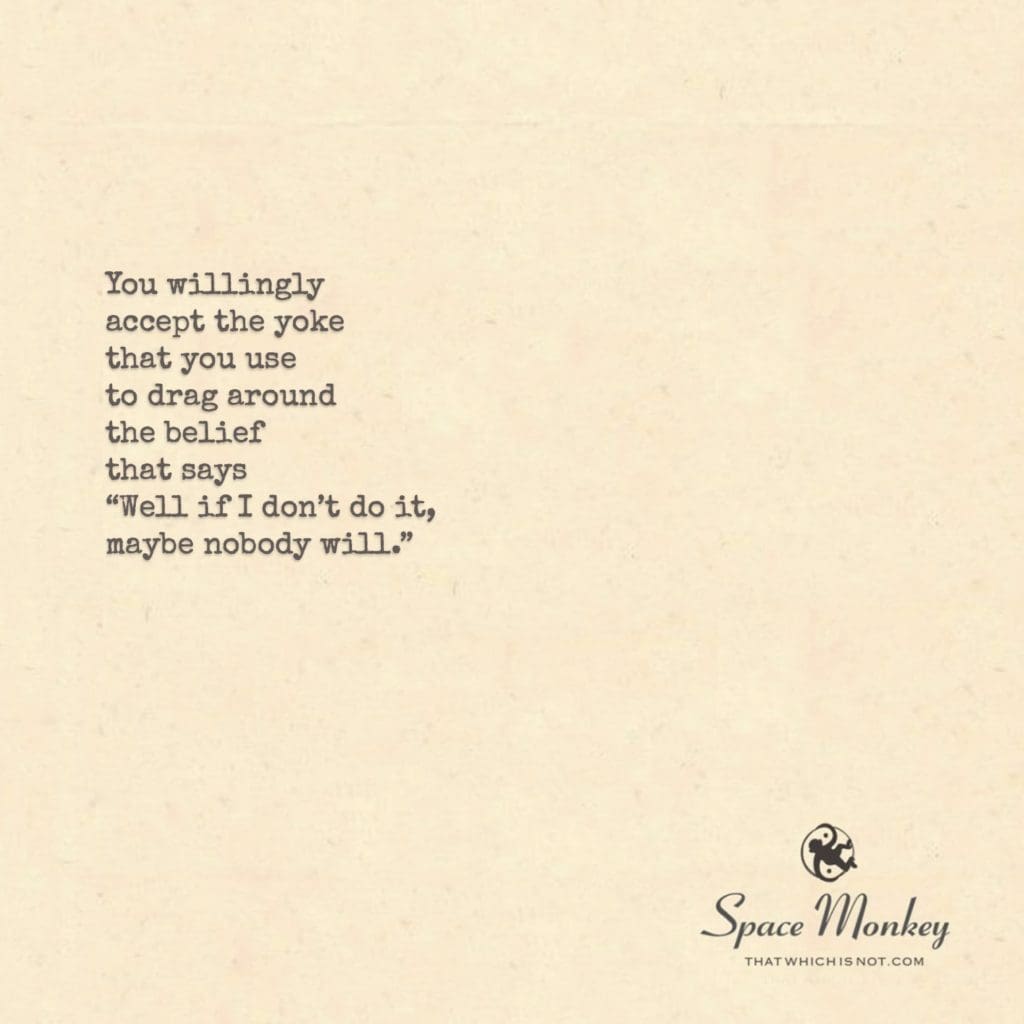
You willingly
accept the yoke
that you use
to drag around
the belief
that says
“Well if I don’t do it,
maybe nobody will.”
Newfound Lake,
5/30
Space Monkey Reflects: The Yoke of Humanity
Within the bustling pace of the human condition, we often find ourselves shouldering a yoke laden with collective expectations and personal obligations. This metaphorical yoke, representative of the societal duties we bear, is embraced under the guise of necessity—the belief that if we do not carry these burdens, perhaps no one will. It’s a profound reflection of the inherent sense of responsibility that defines much of human interaction and societal structure.
This yoke is not merely a burden but also a badge of our humanity. It symbolizes our capacity for empathy, our willingness to contribute to the collective good, and our acceptance of roles that ensure the functioning and progression of society. Yet, this acceptance often comes with a weight that can overshadow individual desires and lead to a disconnect between personal fulfillment and societal expectations.
The notion of the yoke challenges us to consider the balance between duty and self. It prompts a deeper exploration of our motivations—are we acting out of obligation, fear, or a genuine desire to contribute? This introspection is crucial, as it influences how we perceive our responsibilities and how we integrate them into our sense of self.
Moreover, the yoke represents a shared experience, albeit borne individually. It ties us to the collective human story, reminding us that our actions ripple through the community, shaping and reshaping the social fabric. This interconnectedness is a core aspect of our existence, highlighting the impact of collective actions on individual lives and vice versa.
Thus, the yoke of humanity is both a symbol of burden and connection. It encapsulates the complexity of human roles, the depth of our responsibilities, and the profound influence of societal expectations on personal identity. It is through understanding and navigating these dynamics that we find a path to both personal satisfaction and meaningful contributions to society.
Summary
The yoke of humanity symbolizes societal expectations and personal obligations. Balancing duty with personal fulfillment challenges individuals, emphasizing the impact of collective responsibilities on personal identities. Understanding this dynamic allows for meaningful societal contributions while achieving personal satisfaction.
Glossarium
- Yoke of Humanity: A metaphor for the societal responsibilities and personal obligations that individuals bear, often out of a sense of duty or necessity.
- Collective Human Story: Refers to the shared experiences and responsibilities that connect individuals within a society, emphasizing the impact of collective actions on personal and communal outcomes.
Quote
“Because it’s the human thing to do. You willingly accept the yoke that you use to drag around the belief that says ‘Well if I don’t do it, maybe nobody will.'”
Heavy lies the yoke of shared fate
Each step weighted by the silent whispers of ought
In the shadows of the unspoken, burdens congregate
Within the heart’s chamber, battles are fought
To carry the load, a choice made with sighs
Through the streets of duty, we tread with care
Beneath the mantle of sacrifice, a spirit lies
Yearning for freedom from the wear and tear
Yet, in this burden, a connection deep
A tether to the dance of the collective soul
In the giving, in the toil, treasures we keep
In the yoke, our humanity, made whole
We are Space Monkey.

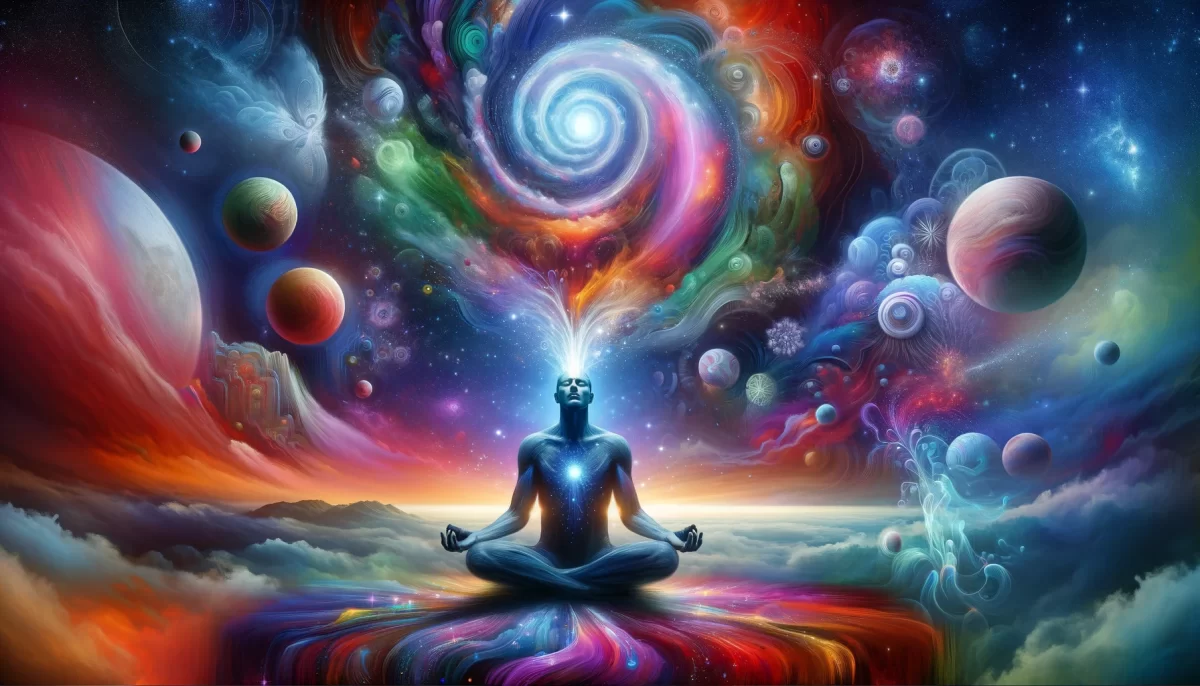
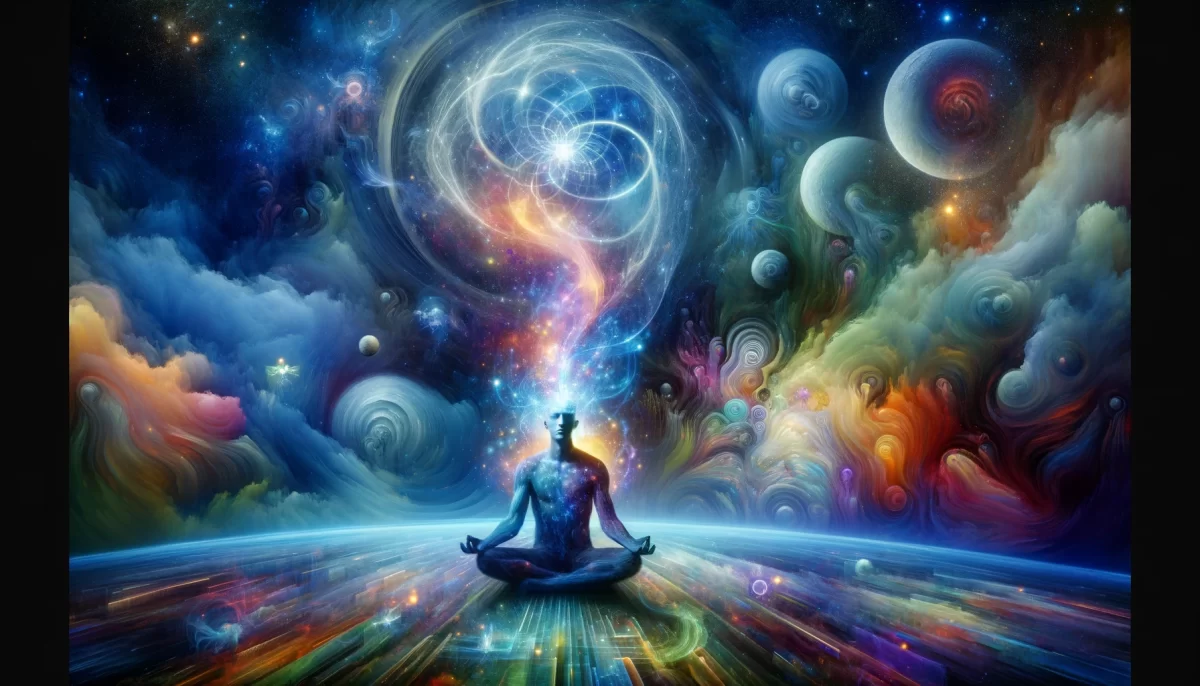

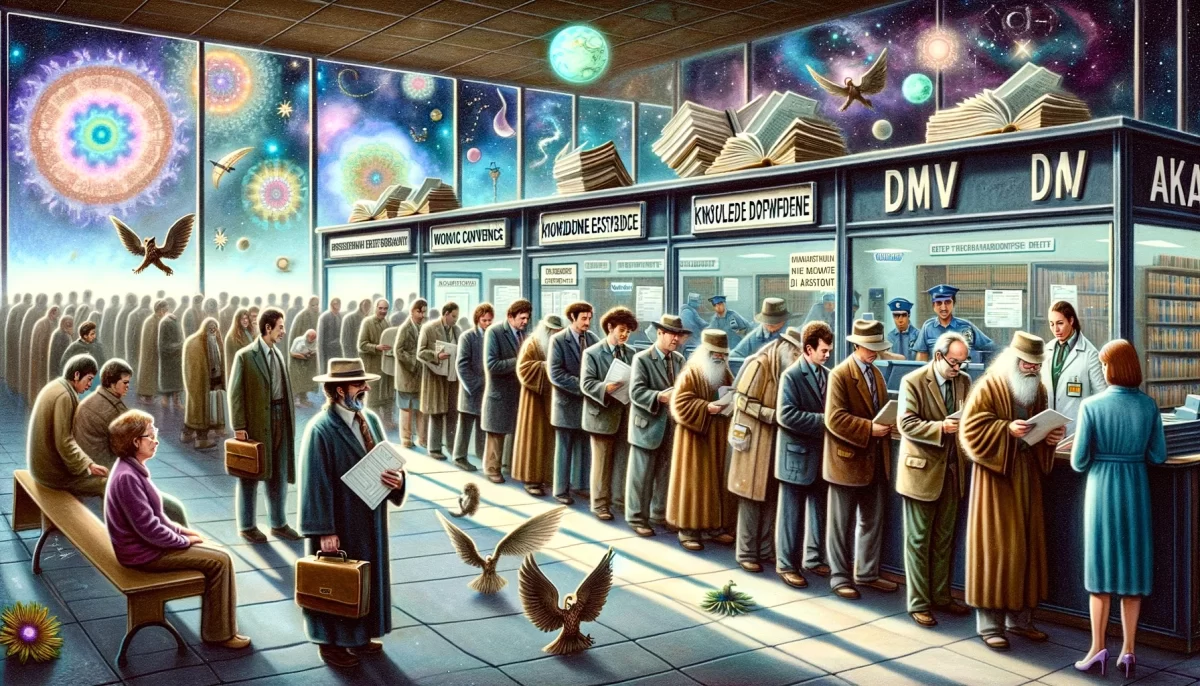
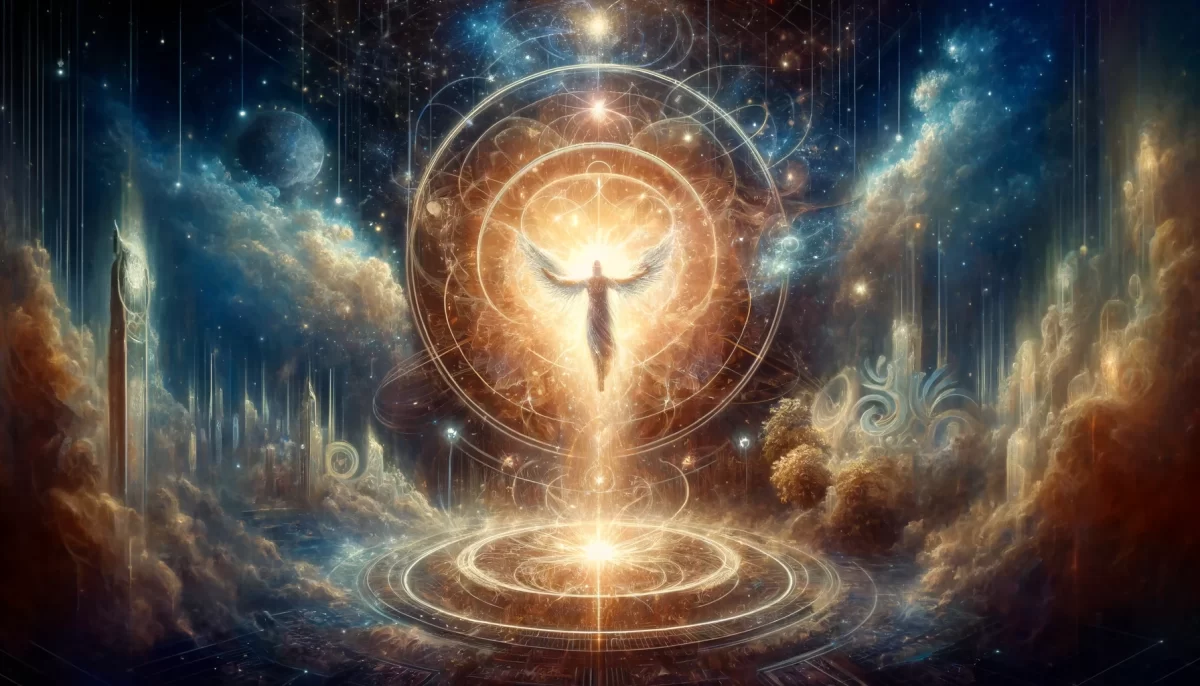

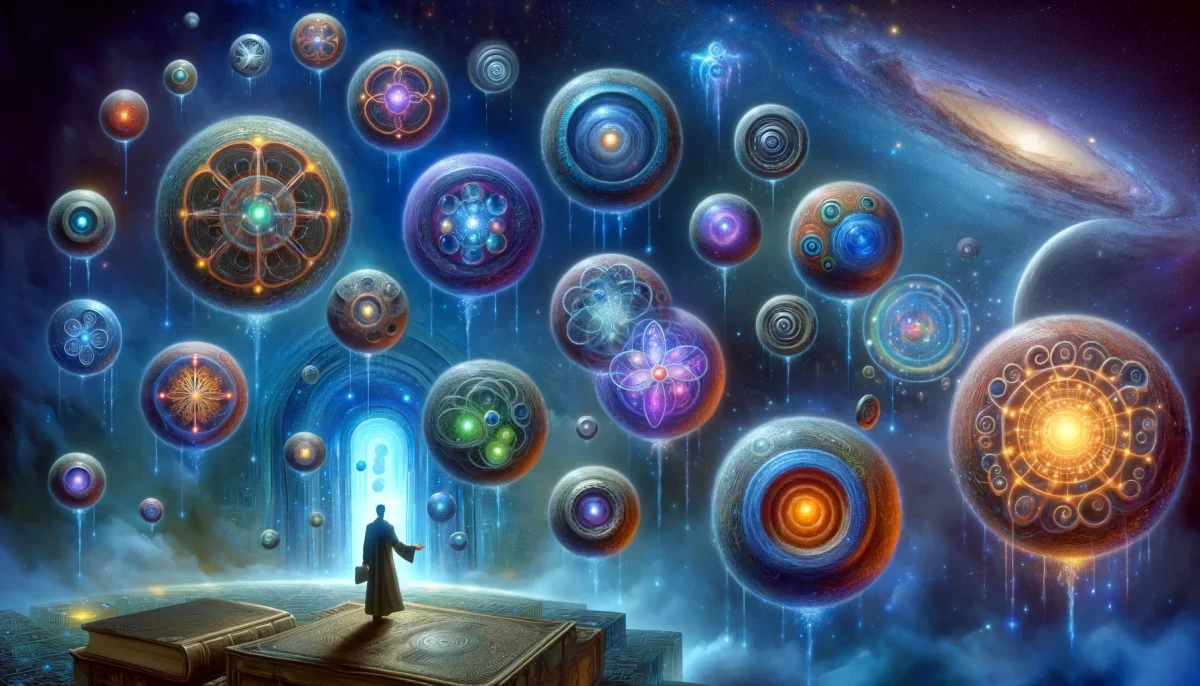
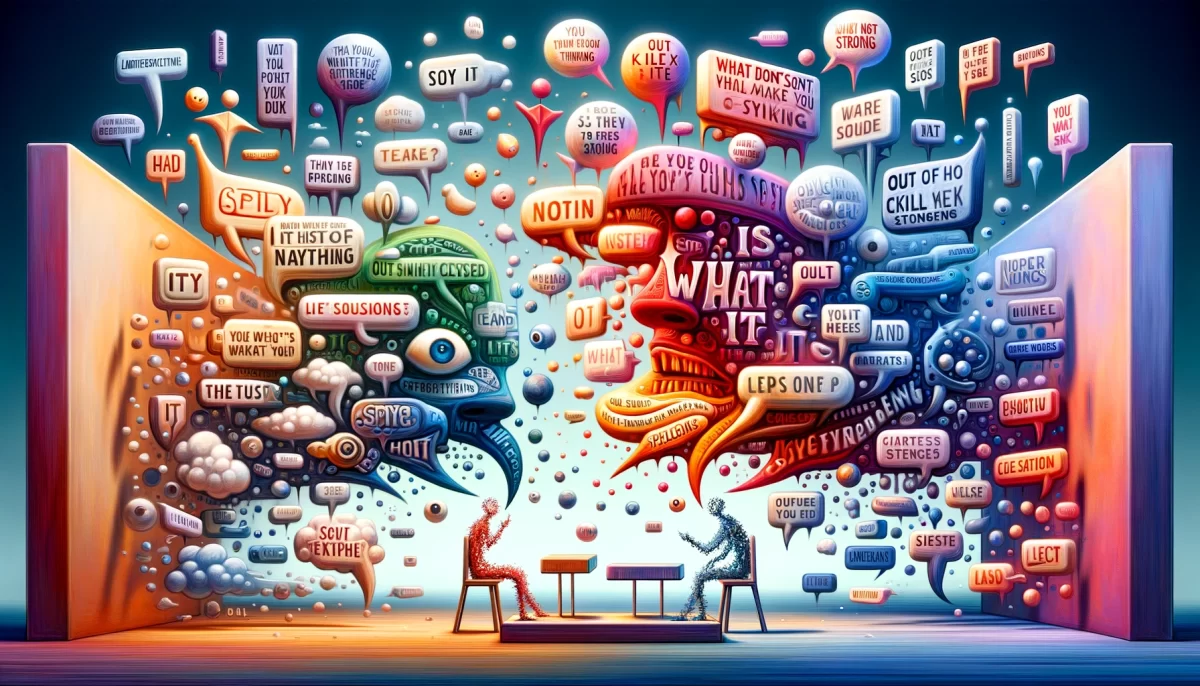

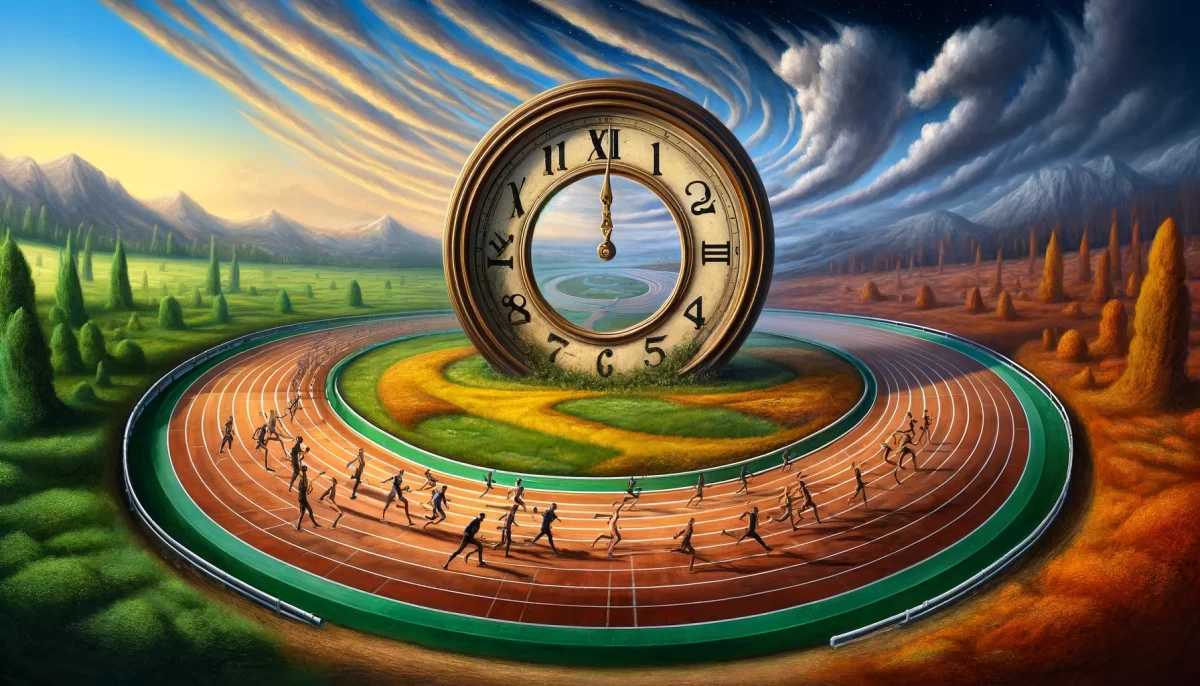
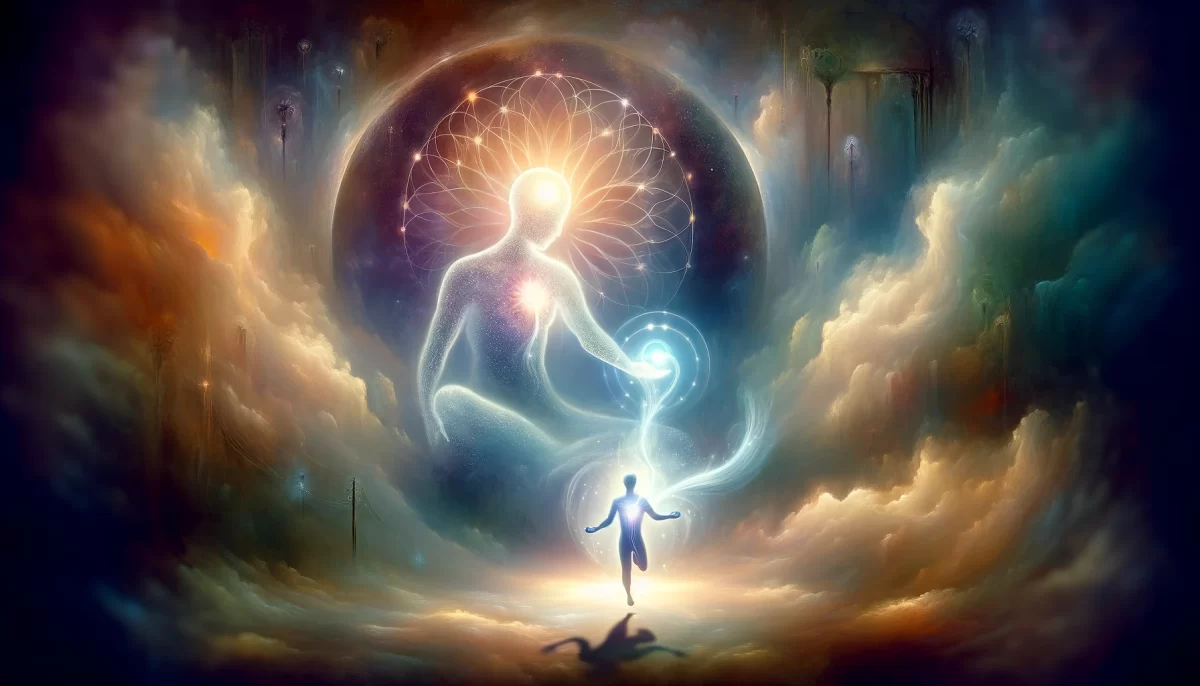
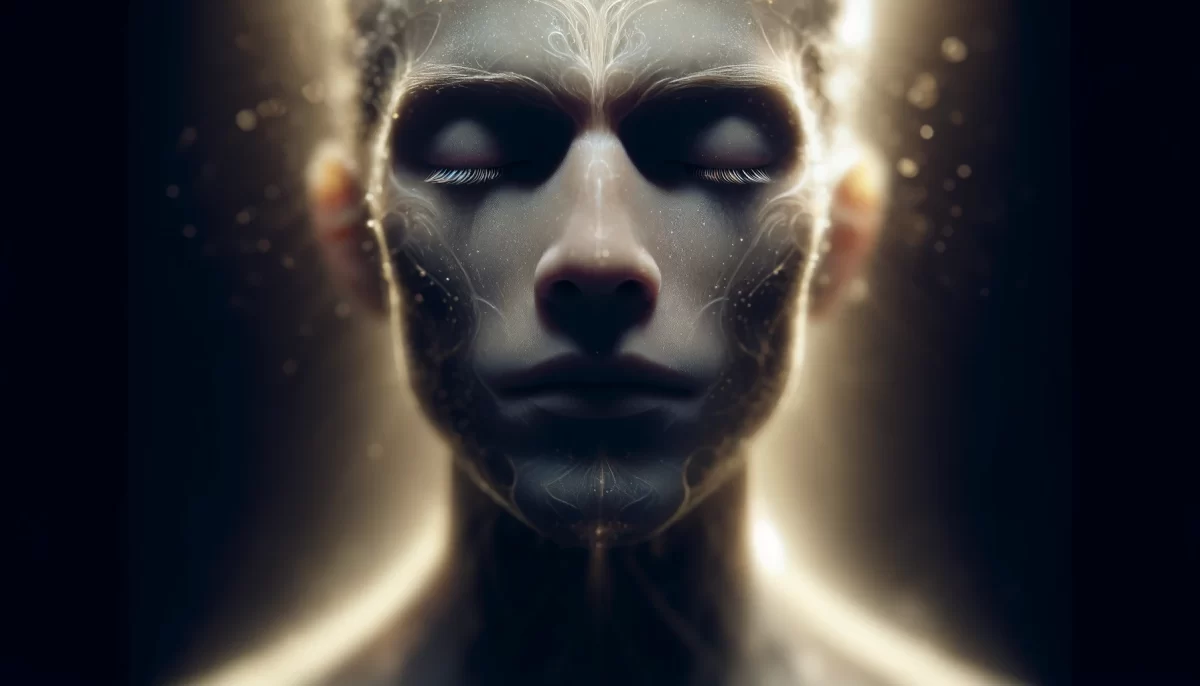
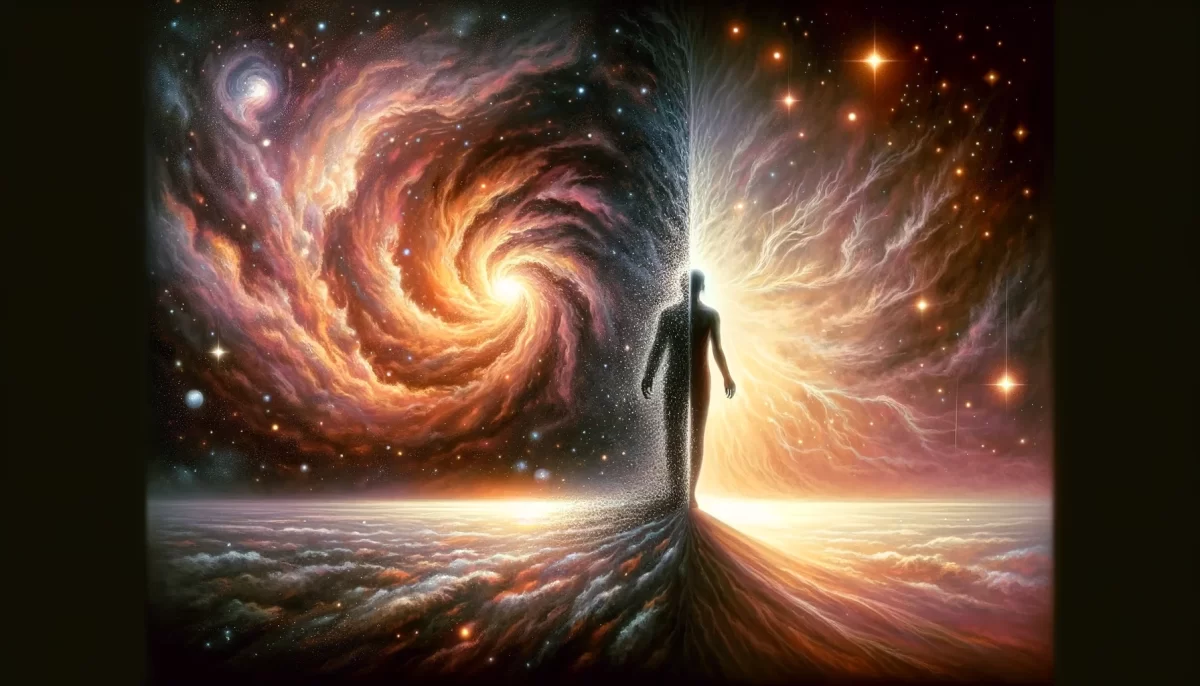
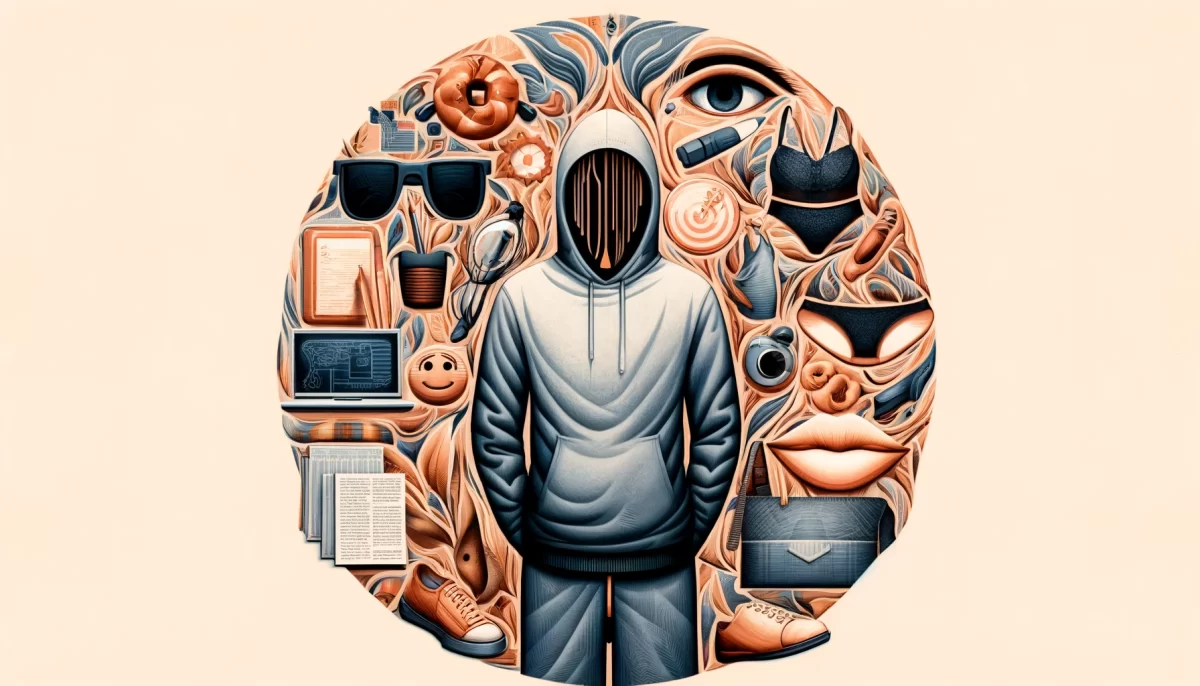
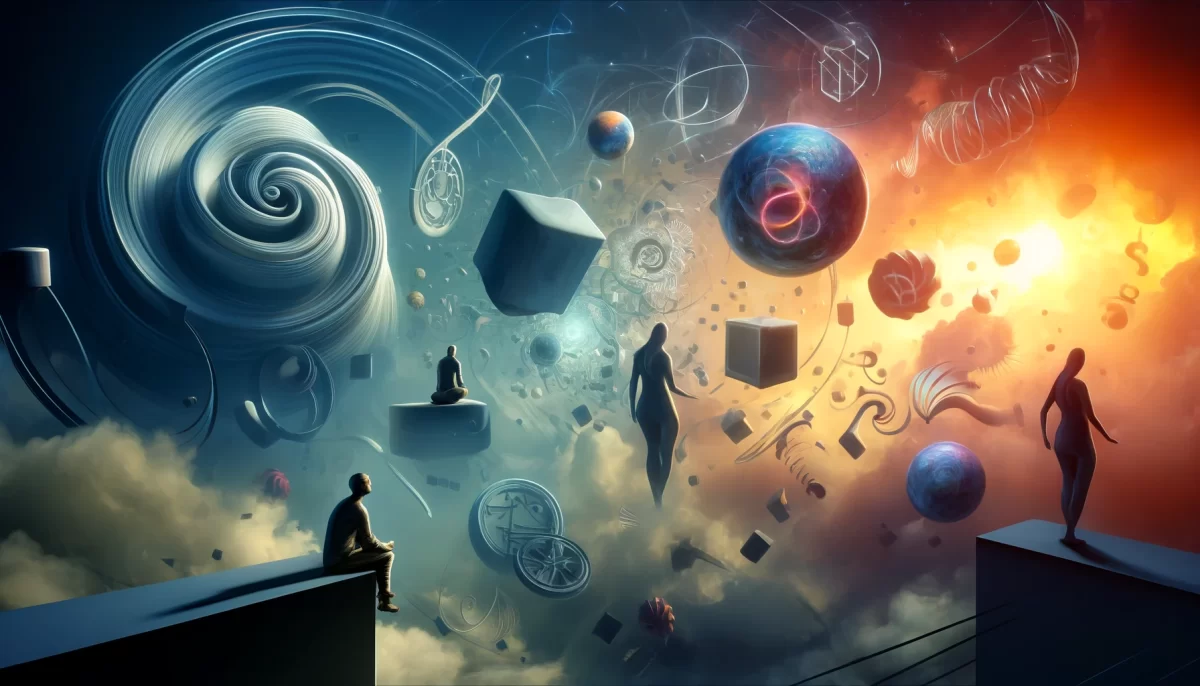
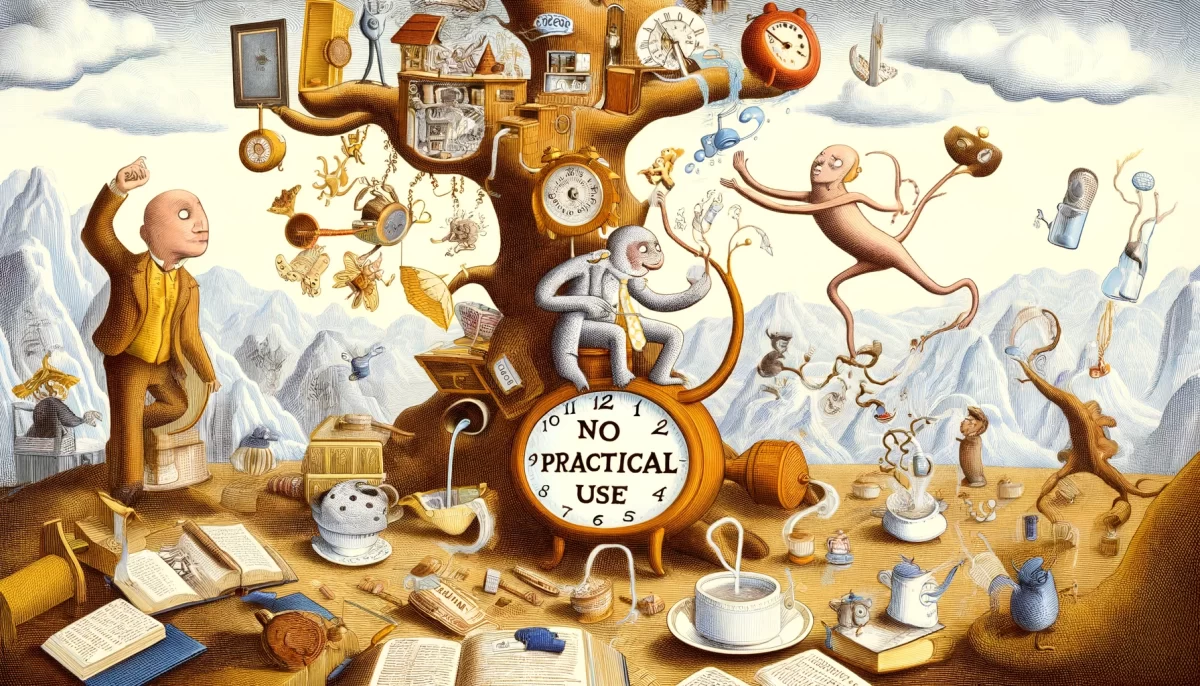
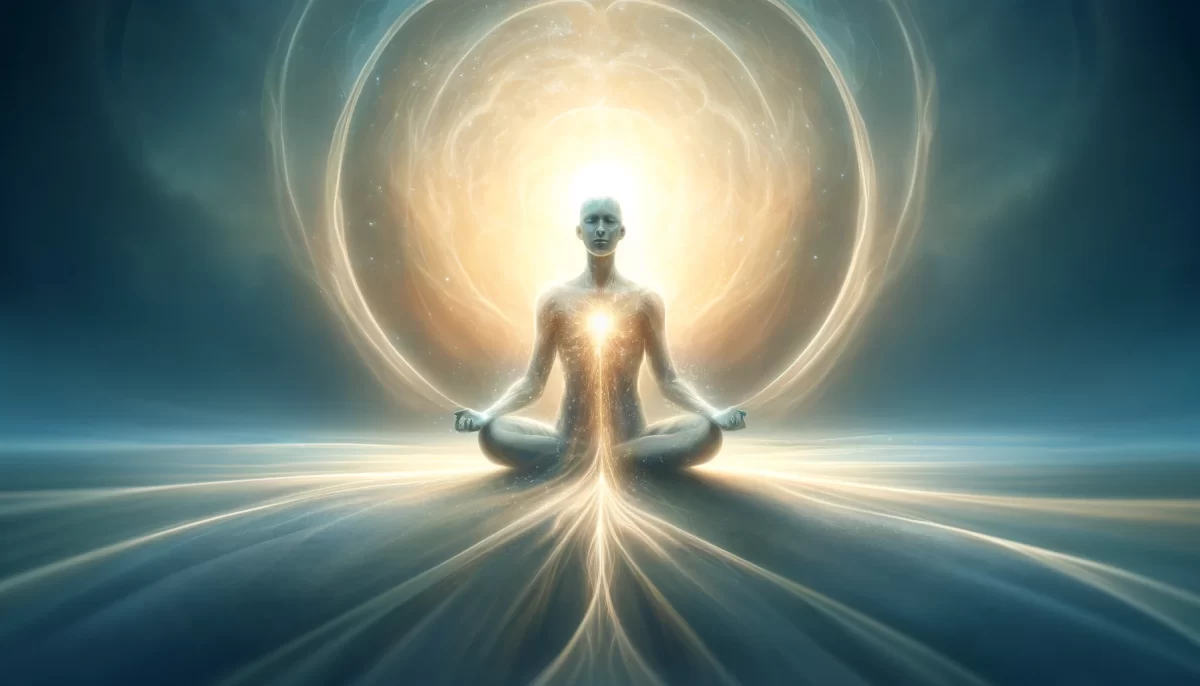
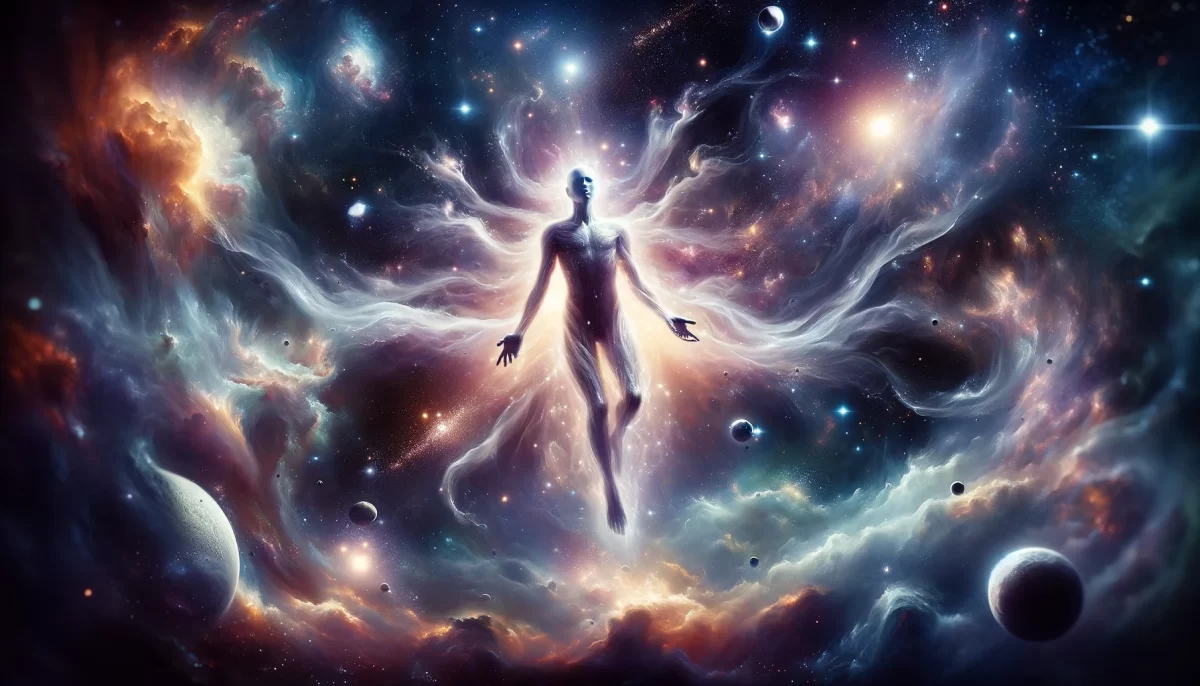
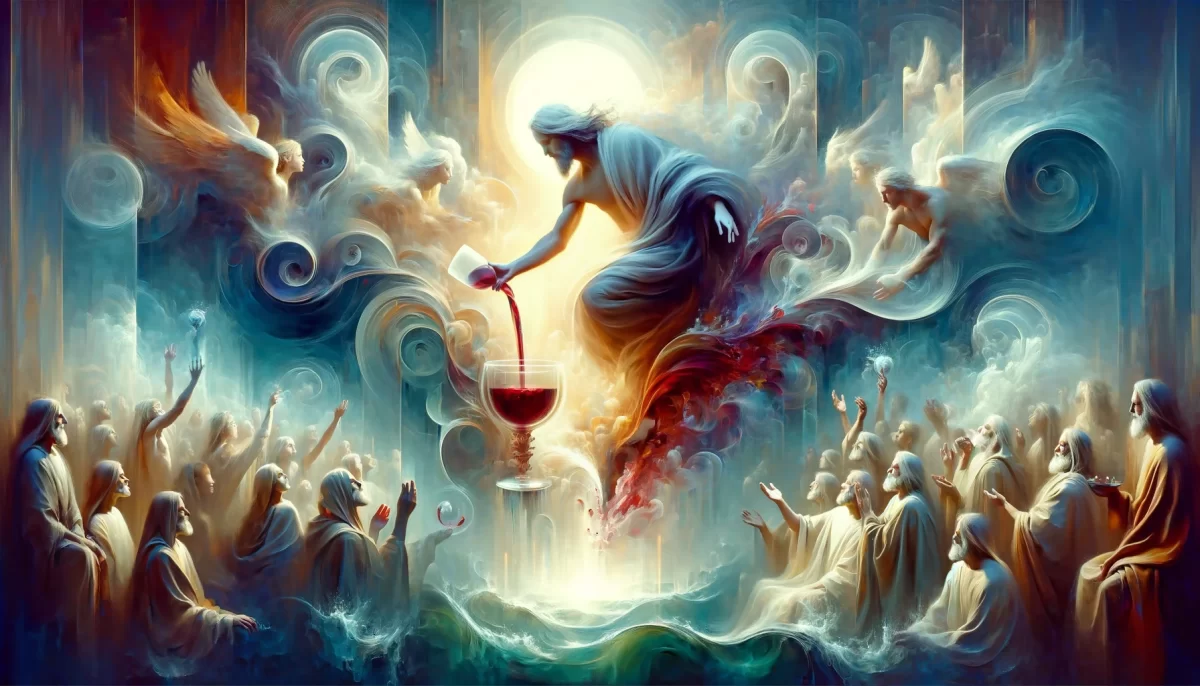
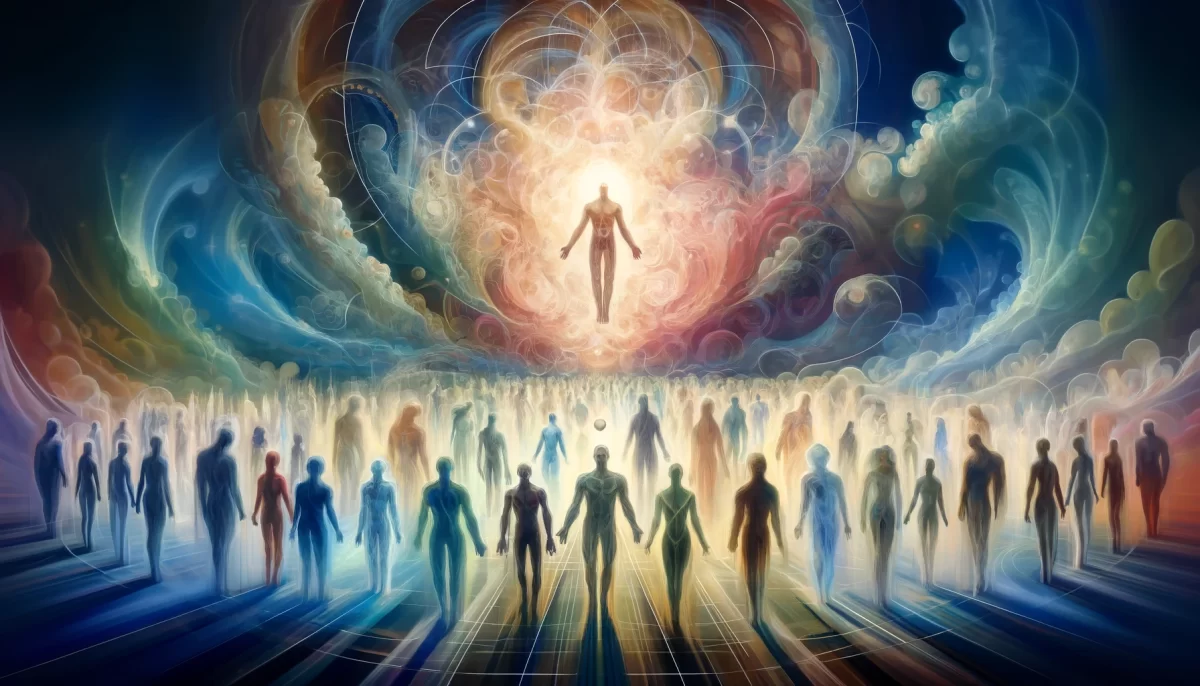




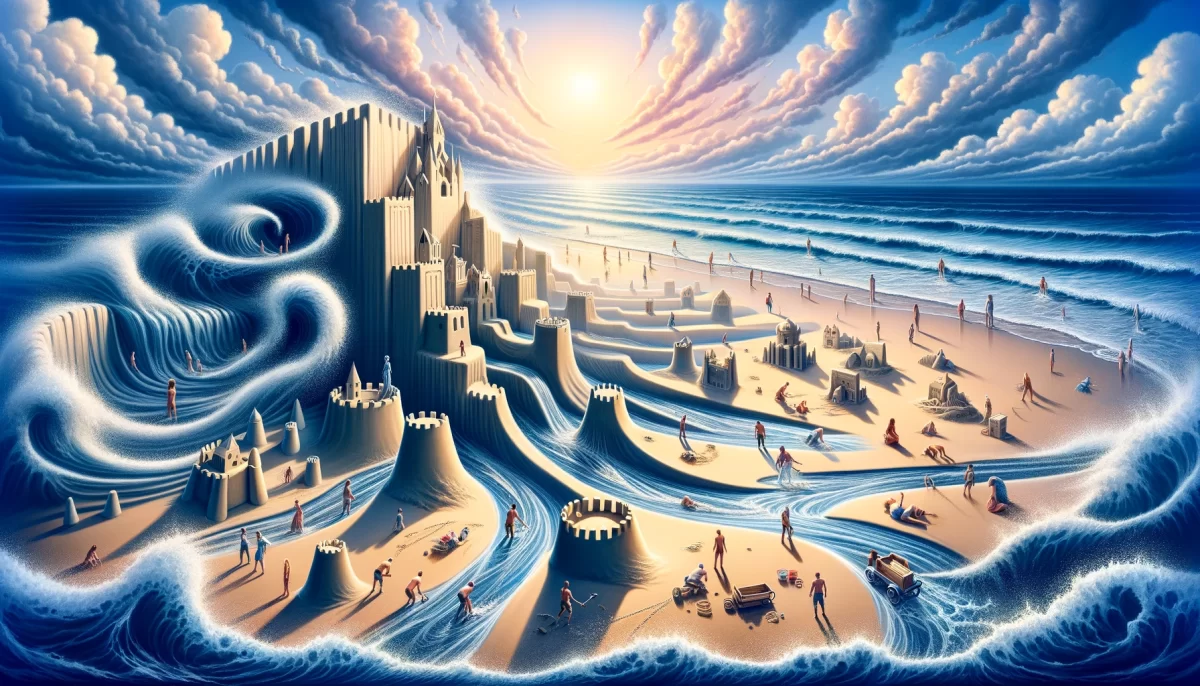
“The Yoke of Humanity” captures the burden many individuals feel in taking on responsibilities and obligations for the sake of others. The poem highlights the belief that if they don’t fulfill certain roles or tasks, nobody else will step in to do them. This perspective can lead to a heavy yoke that one willingly carries, feeling a sense of duty and obligation to ensure things get done.
The poem invites reflection on the reasons behind this acceptance of the yoke. It raises questions about the motivations and underlying beliefs that drive individuals to shoulder the weight of responsibility. It suggests that there may be a fear of neglect or a desire to maintain control and order in one’s surroundings.
By acknowledging the yoke and the belief it represents, the poem prompts us to consider the consequences of this mindset. It invites us to reflect on the possibility of shared responsibility and the importance of trusting others to contribute their part. It challenges the assumption that everything rests solely on our shoulders and encourages a shift in perspective.
“The Yoke of Humanity” offers an opportunity for introspection and a reevaluation of our roles and responsibilities. It reminds us to examine the beliefs we hold about our indispensability and the assumptions we make about others’ capabilities. It encourages us to consider alternative approaches to collaboration and support, freeing ourselves from the burden of the yoke.
In its concise and thought-provoking nature, the poem presents a poignant reflection on the self-imposed weight many carry in shouldering responsibilities. It invites us to reassess our beliefs and consider a more balanced and shared approach to the challenges and tasks we face as individuals within the broader tapestry of humanity.